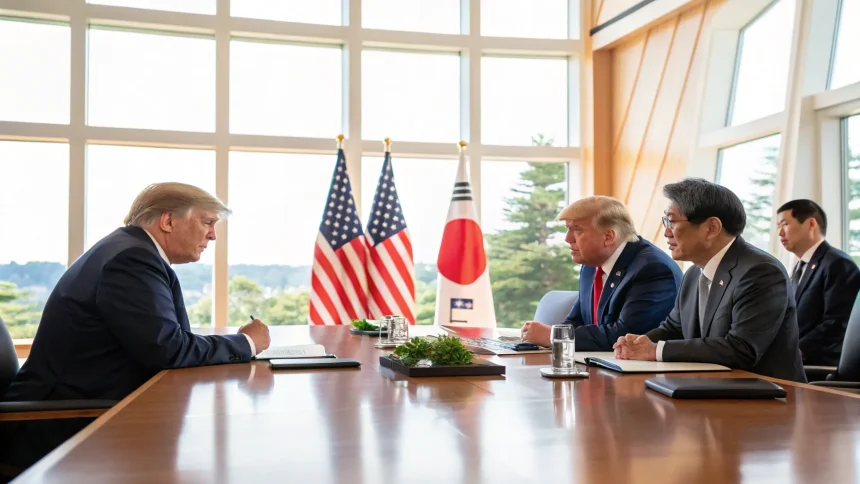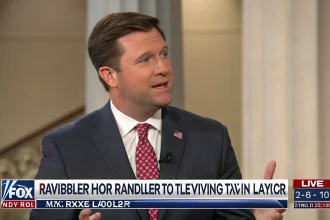President Donald Trump’s recent trade agreement with the United Kingdom could potentially strengthen his position in passing proposed tax cuts, according to Republican Representative Dan Meuser of Pennsylvania.
The congressman shared his insights during an appearance on Fox Business Network’s “Varney & Co.,” where he discussed the potential domestic political implications of the international trade deal.
The trade agreement with the UK represents one of the Trump administration’s significant foreign policy achievements following Brexit, as Britain sought new trading partners after leaving the European Union.
Trade Deal’s Impact on Tax Legislation
Rep. Meuser suggested that the successful negotiation with the UK demonstrates the administration’s economic competence, potentially giving the president additional leverage when pushing for his tax cut proposals through Congress.
The Pennsylvania Republican indicated that the trade agreement could serve as evidence that Trump’s economic policies are working on the international stage, which might help convince hesitant lawmakers to support domestic tax initiatives.
“The UK trade agreement shows the president’s ability to negotiate favorable terms for American businesses and workers,” Meuser noted during the interview. “This kind of success builds confidence in his economic vision, including tax cuts.”
Congressional Hurdles for Tax Legislation
Despite potential momentum from the UK deal, the tax cut proposals still face significant challenges in Congress. The discussion on “Varney & Co.” highlighted several obstacles that could impede the legislation’s progress:
- Narrow Republican majority in the House of Representatives
- Concerns about the impact on the federal deficit
- Opposition from Democrats who criticize the cuts as favoring wealthy Americans
Meuser acknowledged these challenges but maintained that the economic benefits demonstrated through international agreements might help sway undecided votes.
Economic Arguments for Tax Cuts
During the Fox Business appearance, Meuser outlined the economic case for the proposed tax cuts, arguing they would stimulate growth and benefit middle-class Americans.
“When we look at the success of the 2017 tax cuts, we saw increased investment, job creation, and wage growth,” Meuser said. “The president’s new proposals aim to build on that foundation.”
The congressman suggested that the UK trade deal provides a real-world example of how reducing barriers to commerce can benefit both nations’ economies, drawing parallels to how domestic tax reductions could similarly stimulate economic activity.
Critics have questioned whether the connection between international trade agreements and domestic tax policy is as direct as suggested, pointing out that they involve different economic mechanisms and congressional considerations.
The timing of both the trade agreement and the tax cut push comes as the administration seeks economic wins ahead of the upcoming election cycle, with Republicans hoping to demonstrate concrete economic achievements to voters.
As Congress returns from recess, observers will be watching closely to see whether the momentum from international agreements like the UK trade deal will translate into domestic legislative victories for the president’s economic agenda.









